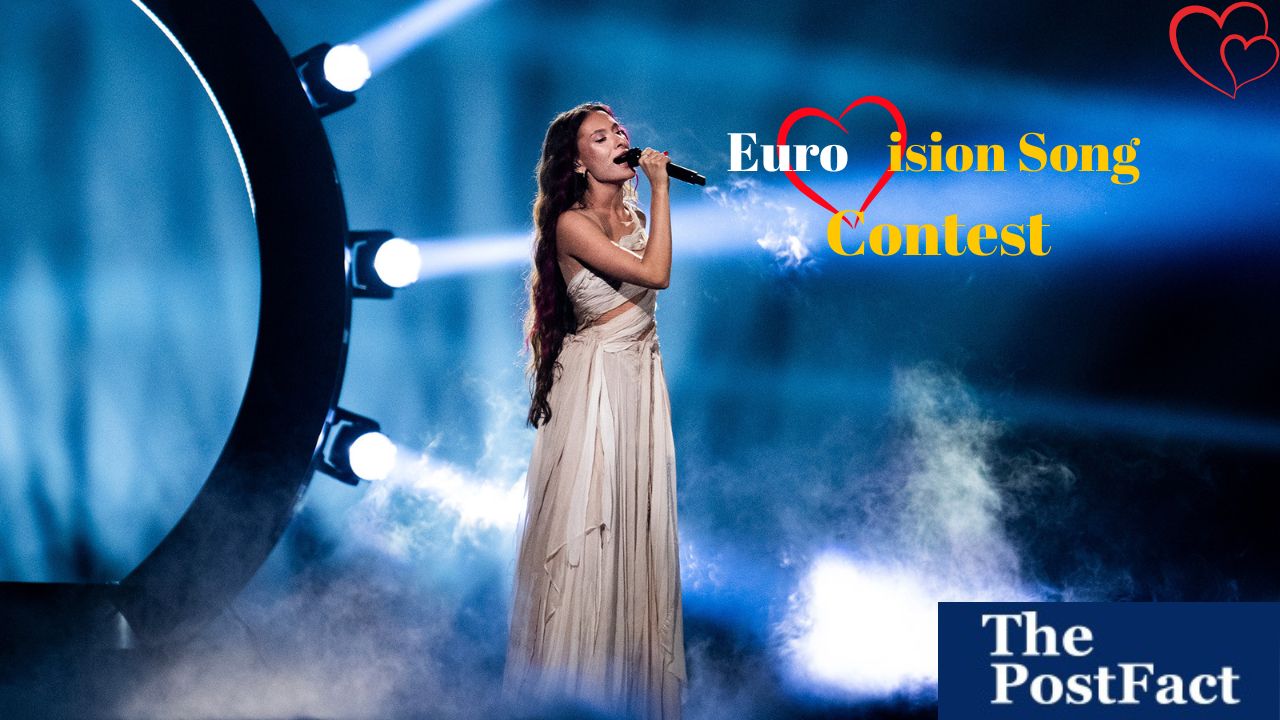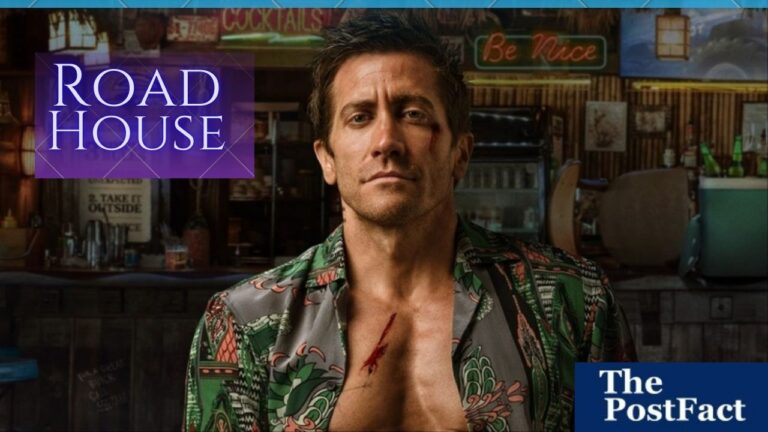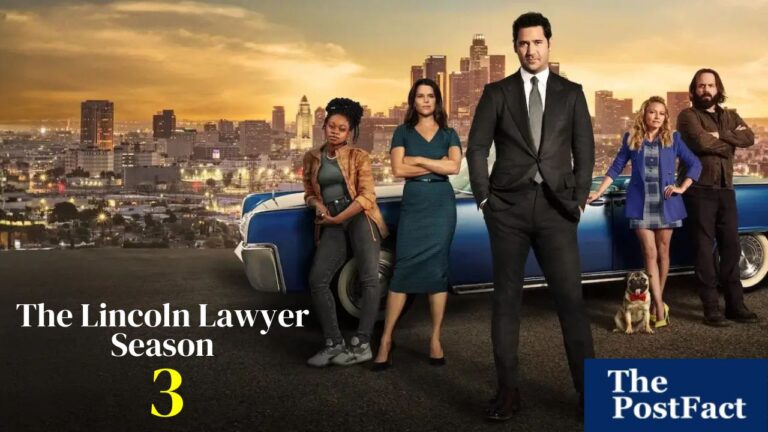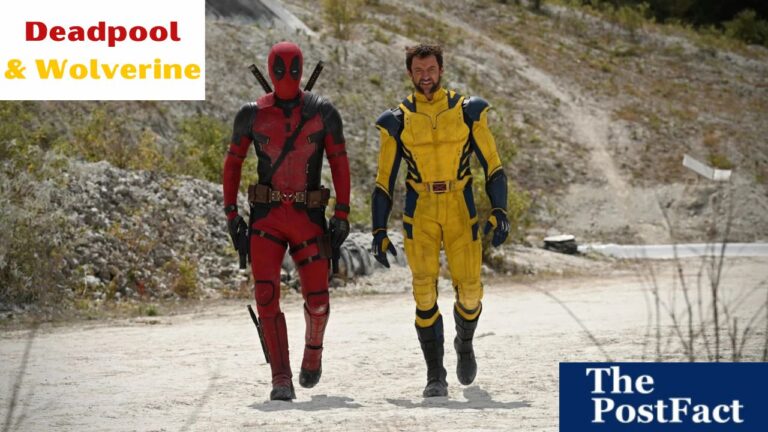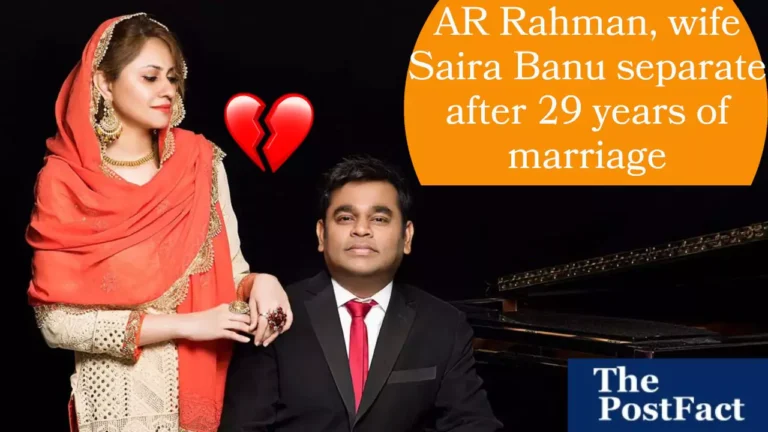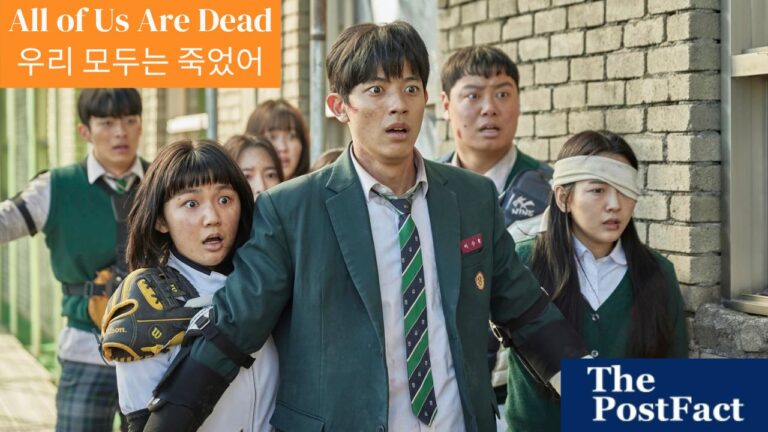Eurovision Song Contest
Eurovision is one of those turning points in pop culture, whether you want to praise it or criticize it, it’s truly commendable. Numerous nations have already embraced it as part of their culture.
People cast votes for the songs according to their tastes, and at the end of it all, a winner emerges at the end of the voting. The game dates back to the 1950s.
Eurovision has its roots in the 50s; it was created with the intention to connect the world. Eurovision song contest is what it is simply referred to as. Each year, various countries turn in an original piece for the songs competition. The song is streamed live to television and takes around a week to conclude. The final match is preceded by semi finals, and this time around there were grand finals. The winner is determined from the amount of points a nation and global audience bestow during the competition.
The very first contest was held in Lugano, Switzerland in the year 1956 with 7 nations fighting for the top spot. It might have been a humble beginning, but it set the stage for what would become a tournament watched by more than 100 million fans worldwide.
Since then, the competition has evolved with the times. In 1999, it was indeed, out of fear of ostracization for not singling out Her Majesty’s languages, that was explained the last paragraph had been revised, that I would think about producing the interstitial language, so that language was an expectancy good.
It is what allowed acts such as ABBA to use winning the contest as a springboard for fame and success. In the same way, Celine Dion went from being quite popular in Canada to becoming a star all over the world after she won the contest in 1988 with the song ‘Ne Partez Pas Sans Moi’.
The aspect of the show that has been known to be a unifying portion of the show is the often over the top, outrageous and colorful, drag performances. The combination of all these elements saw several American entrants popular with the fixed LGTBQ audience, such as Israeli transgender Dana International in 1998 and bearded Austrian drag queen Conchita Wurst in 2014 winning the competition.
From the start, the contest has claimed to be politically neutral, but the reality is sometimes different. In fact, the first contest did not take place without controversy – Liszt, a survivor of the Holocaust, peaked the votes with a track that criticized the mass deportation of the Crimean Tatar minority during Stalin’s regime.
Blackout
The contest is held by the European Broadcasting Union (EBU). Its regulations are tougher than most music events, in which one resident program is required to perform all participating acts in three minutes. Also, starting from recent years, concerts have become an important aspect, including pomp and pyrotechnics as well as numerous complicated choreographies and even topless male dancers.
The song submissions should be the music never published in any kind of form or commercially utilized before the first day of September. It has to have vocal and lyrics and also it has to be performed in the country’s official language or in a language which is understood by the largest proportion of the viewers present at the audiences. Or even if it is allowed to add extracts from other languages but they should not be the main supervision of the performance.
Whenever a broadcaster decides to be part of the contest, they should make sure that they get the required permissions for the songs being submitted for the Contest, as well as the permission to exploit the name and the logo of Eurovision and the ESC Song Contest in every way possible.
Such arrangements should first be coordinated with the EBU Permanent Services and such operations should remain within the values of the contest as set out: Universality, Independence, Excellence, Diversity, and Accountability
Voting during Semi-Final is only for the Countries which are participating in that particular show whereas the Grand Final has all the competing nations together with the “rest of the world” voting. The final outcome of the voting in every single nation comes as a result of aggregating the national jury votes and the audience votes.
Each Single Contest consists of two Semi Finals every Tuesday and Thursday with a Final being held on a Saturday, This makes the format workable. Each show being a sophisticated program of entertainment shown in the prime time of the week is a world class production televised live and hosted and broadcast from an elegantly furnished venue by the Host Broadcaster.
A number of performers take turns to sing songs selected for the countries in the Contest and the songs are called “Songs”. For some artists performing in the Contest has expanded their local follower base and brought them in some cases global recognition.
Nations get ready for the Contest by organizing their own national selections early in the year. Some of these revolve around established competitions such as Albania’s coveted Festivali i Kenges, Sweden’s Melodifestivalen or Portugal’s Festival da Cancao. Other countries have a simpler method of selecting entries by either calling for submissions or reaching out to artists and recording companies.
European Broadcasting Union is the organization responsible for the Contest and has its base of operations in Geneva. It is non-profitable organization and its member broadcasters support it financially.
The Contest has taken place on a yearly basis from 1956. Then, it was merely a technique trial, the idea of remotely broadcasting a big event on a continental scale was an activities advanced then. One finds it difficult today to envisage a world where the Contest, which attracts millions of the to fanatics does not feature. For them, it is not only about supporting their preferred performers, but also experiencing a dual sense of identity with their nation and countless other worldwide audiences viewing the same content.
Voting
The contest is voted on by either professional juries also known as experts or by tele-voters. Every nation has its own national jury, which is made up of representatives of the broadcasters taking part. Jurors are chosen about twenty-four hours before the live show during a dress rehearsal and are required to attend at least one of the shows as a minimum in order to be eligible for voting. Jury members are not allowed to discuss their votes while the procedure takes place in the presence of an independent notary and plant Executive supervisor of the EBU.
Voting / Televoting is allowed for the viewers of the countries of the participating broadcasters, the so-called Non Contest – Rest of the World (RoW) too. Voting is allowed by telephone, SMS, through The Official Eurovision App and the website. During the semi finals and finals, the audience televoting scores are integrated with a ratio approved by the Reference Group of the National Juries to determine the official outcome.
After the voting session and the corresponding TV polls are closed, a result will be disclosed to the public, and the illustrious trophy is awarded. The successful performer can expect to be invited the next time the contest comes to be held, this time in that artist’s city. Southern European countries remain successful. The contest has become part of popular culture although it can be and in some areas is perceived as rather campy with an enormous range of styles of music.
Its acceptance and political issues caused the contest’s organization to evolve and adapt in the course of its history. For instance, at the beginning there were no limits on duration of songs, but as a result of numerous protests against the performance of Italy in 1957 which lasted a period of 5 minutes and 9 seconds, a rule of three minutes max was introduced.

